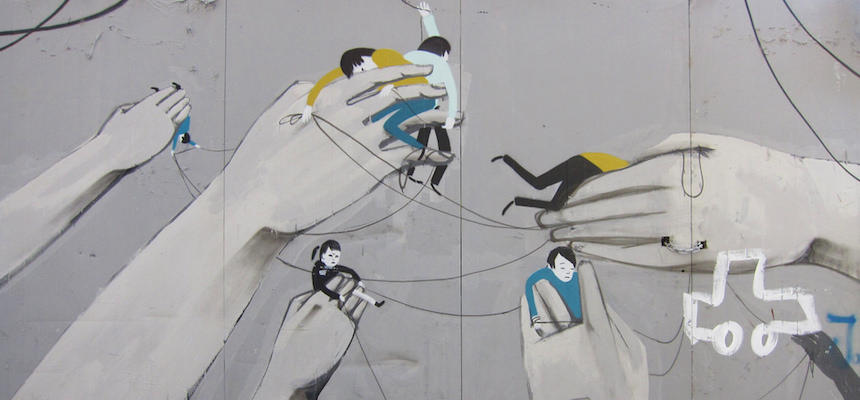The US election has come and gone and now the world watches as a new configuration of power assembles itself. To us, this transition feels upsetting for many reasons, but first and foremost because so many of the values and behaviors demonstrated by the President-elect and the individuals he surrounds himself with are not values that align with humanity and its diversity. They are not values that correlate in any way with the experience and expertise that would entitle a President-elect and his appointments to speak for others.
What is our role, as ethnographers, in this shifting reality? What is our responsibility as professionals who are expected by colleagues and customers in the private sector to speak for so many other people? We know how power shapes discourses, policies, and investments that have huge consequences for the kinds of access and expression people are entitled to. We know how critical understanding is as an end in itself—not just as an instrument for design and development. Because if we don’t understand well, we distance ourselves from the people we speak for, and in the process we reduce people to caricatures and cliches.
The fact is that we are obligated professionally to connect these dots and to speak clearly and rigorously about the ways in which businesses, product categories, and existing strategies to perceive people in terms of markets frequently introduce or perpetuate reductions, exclusions, and repressions. We follow through on this obligation when we seek to understand the complicated ways in which half the nation voted for someone many of us consider to be unqualified and immoral. We follow through when we call attention to funding sources and alliances. We follow through on our obligation when we emphasize how particular use cases or scenarios are fundamentally about taking people’s jobs away. We follow through when we intervene to make sure that the companies we work for understand that good business cannot be divorced from what is good for people—and not just for a narrow conceptualization of their “users”.
Take an oath and commit in the course of your work to be vigilant, to continue to do research to seek understanding as its own end, to make connections between political systems and product/service/brand realities that are real, though perhaps not obvious to many of our business colleagues. Do that work and bring it back to EPIC and share it with your community.
The EPIC Board:
Maria Bezaitis
Alexandra Mack
ken anderson
Photo: “Connections: Escif + Hyuro, Valencia” by Dr Case (CC BY-NC 2.0) https://flic.kr/p/8Ry2aA

